Regarding the kidnapping of a 2-year-old child in Hanoi , Hung Yen Provincial Police have decided to prosecute the case and prosecute Giap Thi Huyen Trang (27 years old, in Tan Yen district, Bac Giang province) for the crime of "Murder".
Trang is the suspect who kidnapped a 2-year-old child in Hanoi, then took the child to Hung Yen and brutally murdered her.
Recently, Hanoi City Police confirmed that suspect Giap Thi Huyen Trang had died, and her body was discovered by authorities on the Duong River in Gia Lam District.
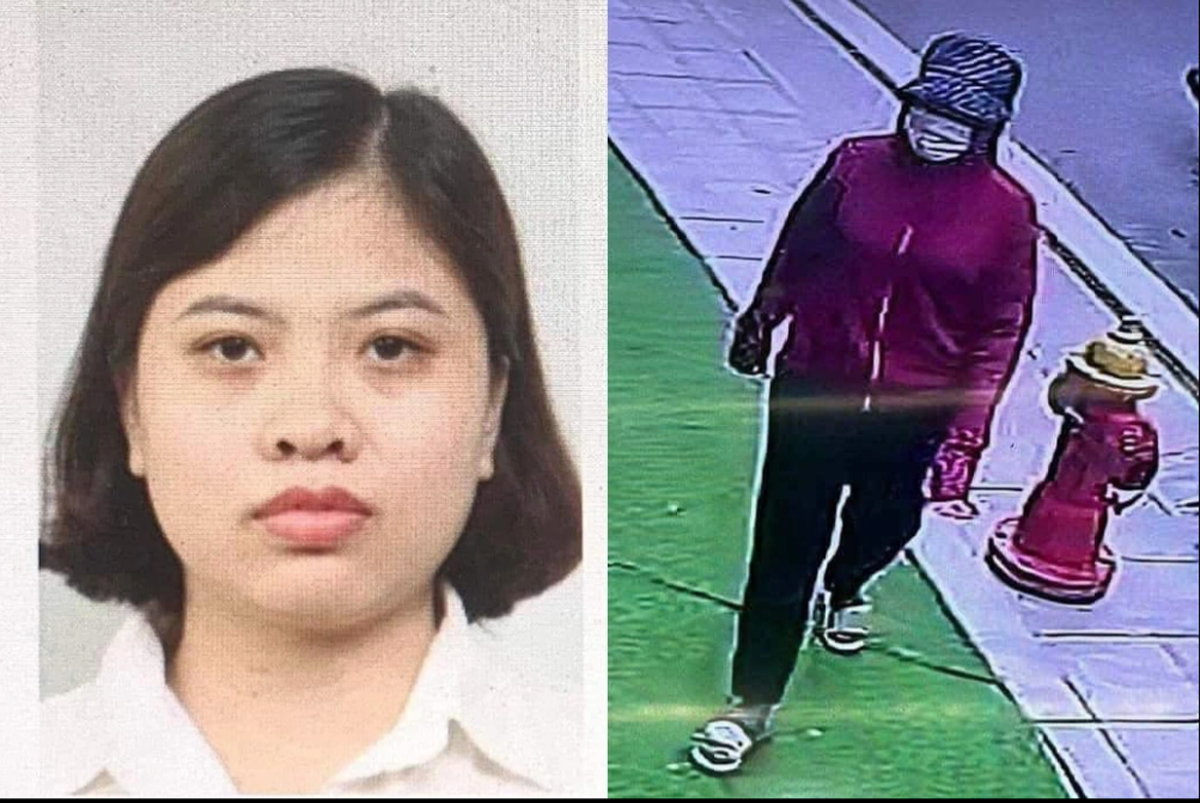
Talking to VietNamNet reporters about the next steps of the proceedings, lawyer Ta Phuong (Trung Hoa Law Office, Hanoi) said that during the investigation process, if it is found that the case has elements of accomplices such as: someone providing the bank account number, contacting, helping this subject commit the crime... then the case will still be investigated to consider accomplices.
In case there is no sign of complicity, and the accused person has died, the criminal liability for them will be suspended. However, compensation for civil damages will still be raised. At this time, the victim's family will file a lawsuit according to civil procedure.

According to the female lawyer, if the deceased defendant's criminal act causes damage to others, compensation must be paid according to the provisions of law or the agreement of the parties.
Accordingly, the heirs of the deceased defendant will be identified as persons with related rights and obligations. The responsibilities of these persons with related rights and obligations are determined as follows:
If the deceased is a defendant who leaves an inheritance, this inheritance will be used to fulfill the obligation to compensate the victim. Those with related rights and obligations are responsible for coordinating the settlement.
If the deceased is a defendant who leaves an inheritance that includes the shares of those with related rights and obligations such as joint property between husband and wife, joint property with others, the prosecution agency must determine how much of the deceased's property is.
That part is the inheritance and must be used to fulfill the deceased defendant's obligations to the victim. After that, if there is any remaining, it will be divided among the first-order heirs such as parents, wife and children.
“If the defendant has died and has no assets, the victim has no basis to request compensation for damages. The defendant’s relatives have no obligation to compensate, unless they voluntarily compensate on behalf of the deceased,” lawyer Ta Phuong stated the situation.
Source


![[Photo] Prime Minister Pham Minh Chinh attends the event "Digital transformation of the banking industry by 2025"](https://vphoto.vietnam.vn/thumb/1200x675/vietnam/resource/IMAGE/2025/5/29/0e34cc7261d74e26b7f87cadff763eae)
![[Photo] Prime Minister Pham Minh Chinh receives leaders of Excelerate Energy Group](https://vphoto.vietnam.vn/thumb/1200x675/vietnam/resource/IMAGE/2025/5/29/c1fbe073230443d0a5aae0bc264d07fe)








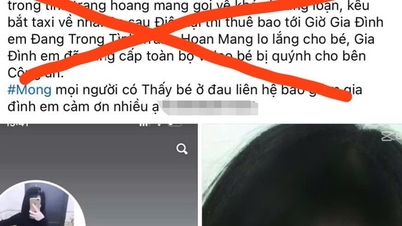


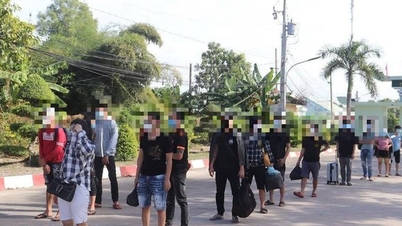
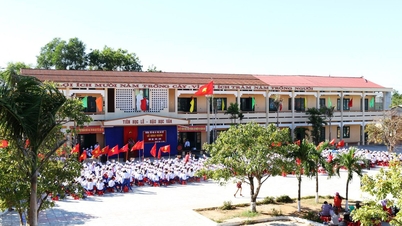

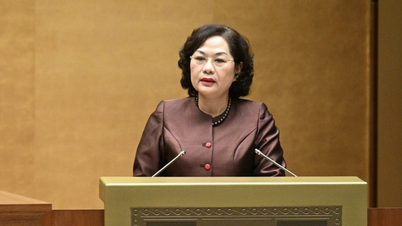
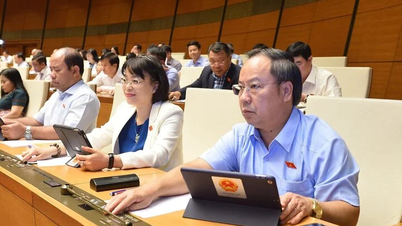


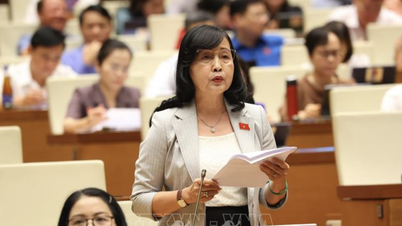

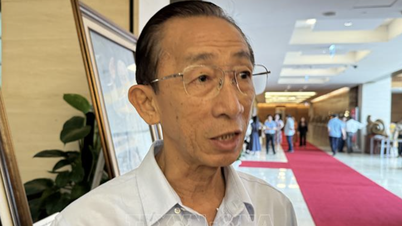






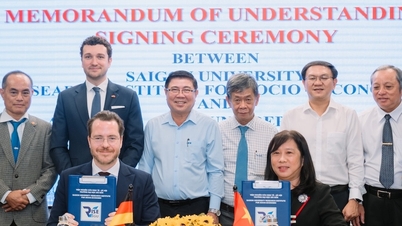
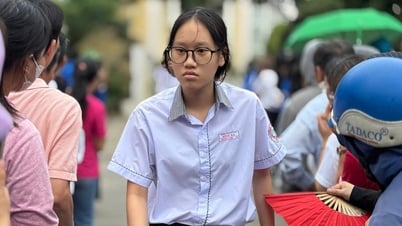


































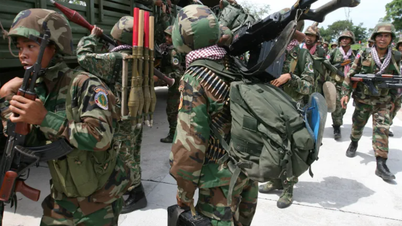




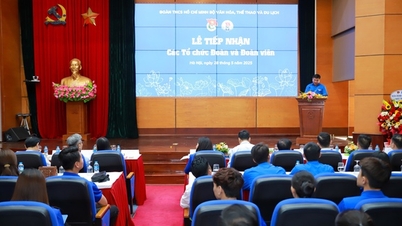

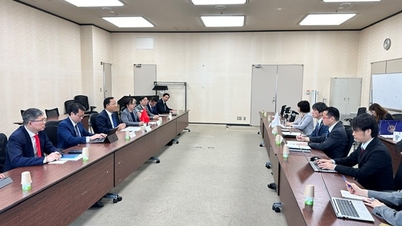






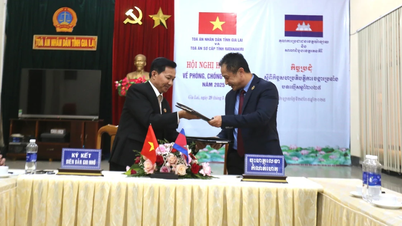


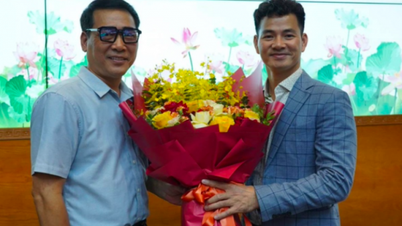

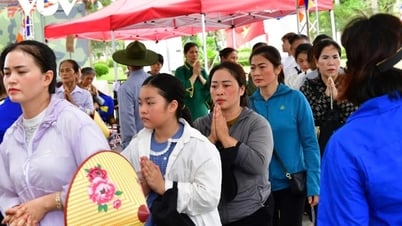

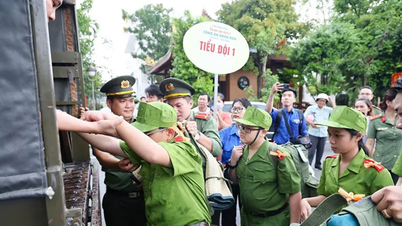










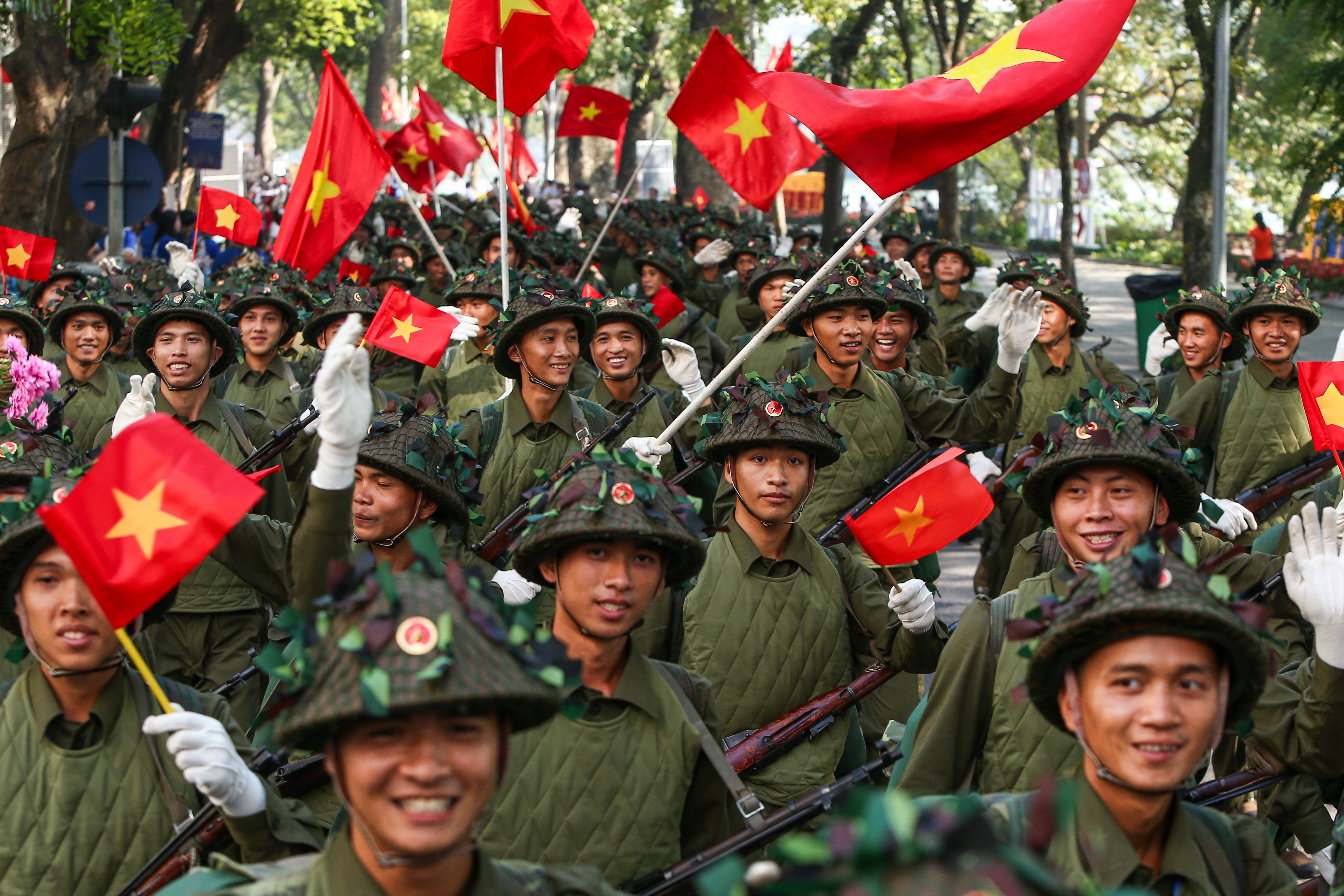



Comment (0)